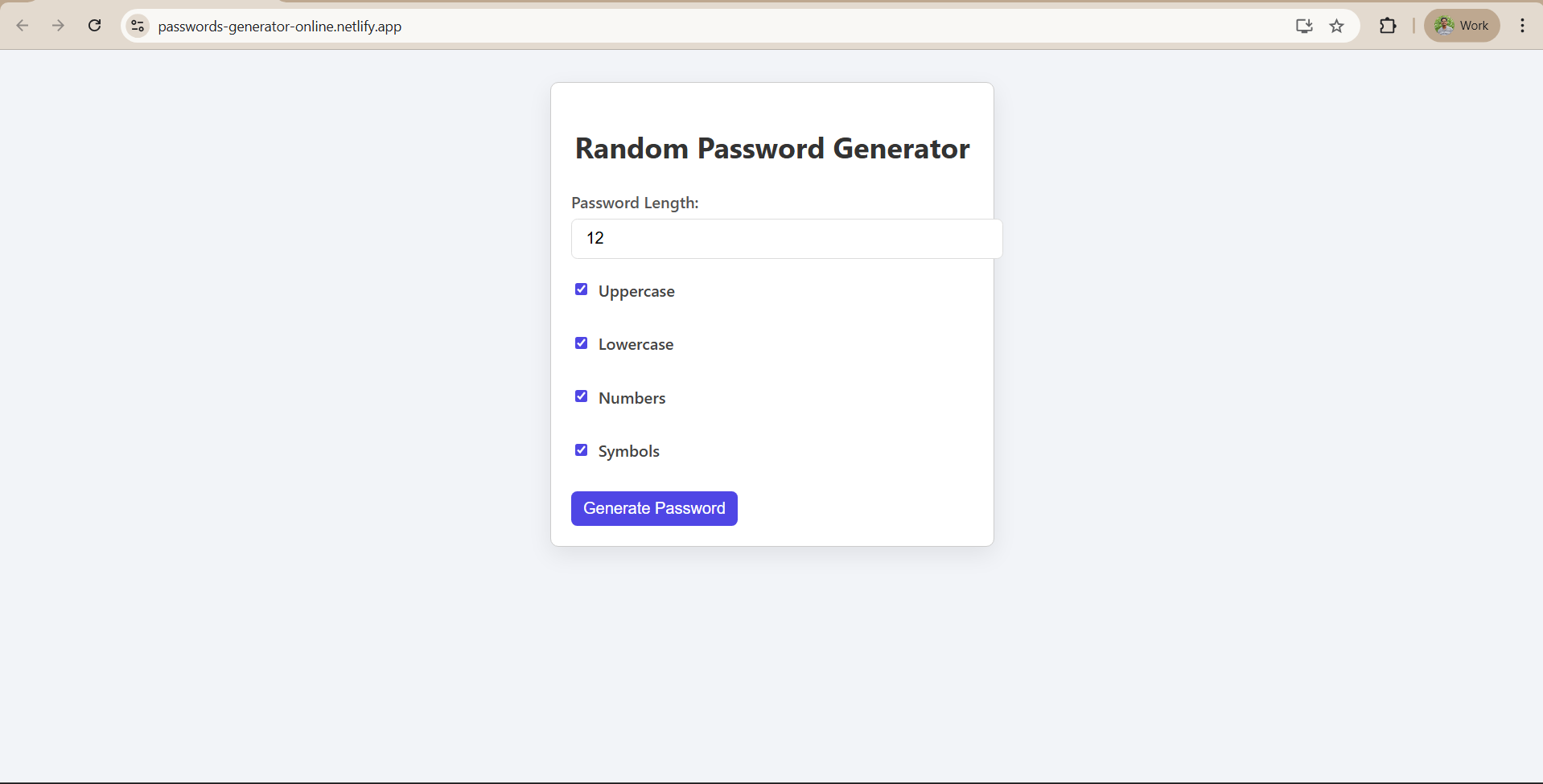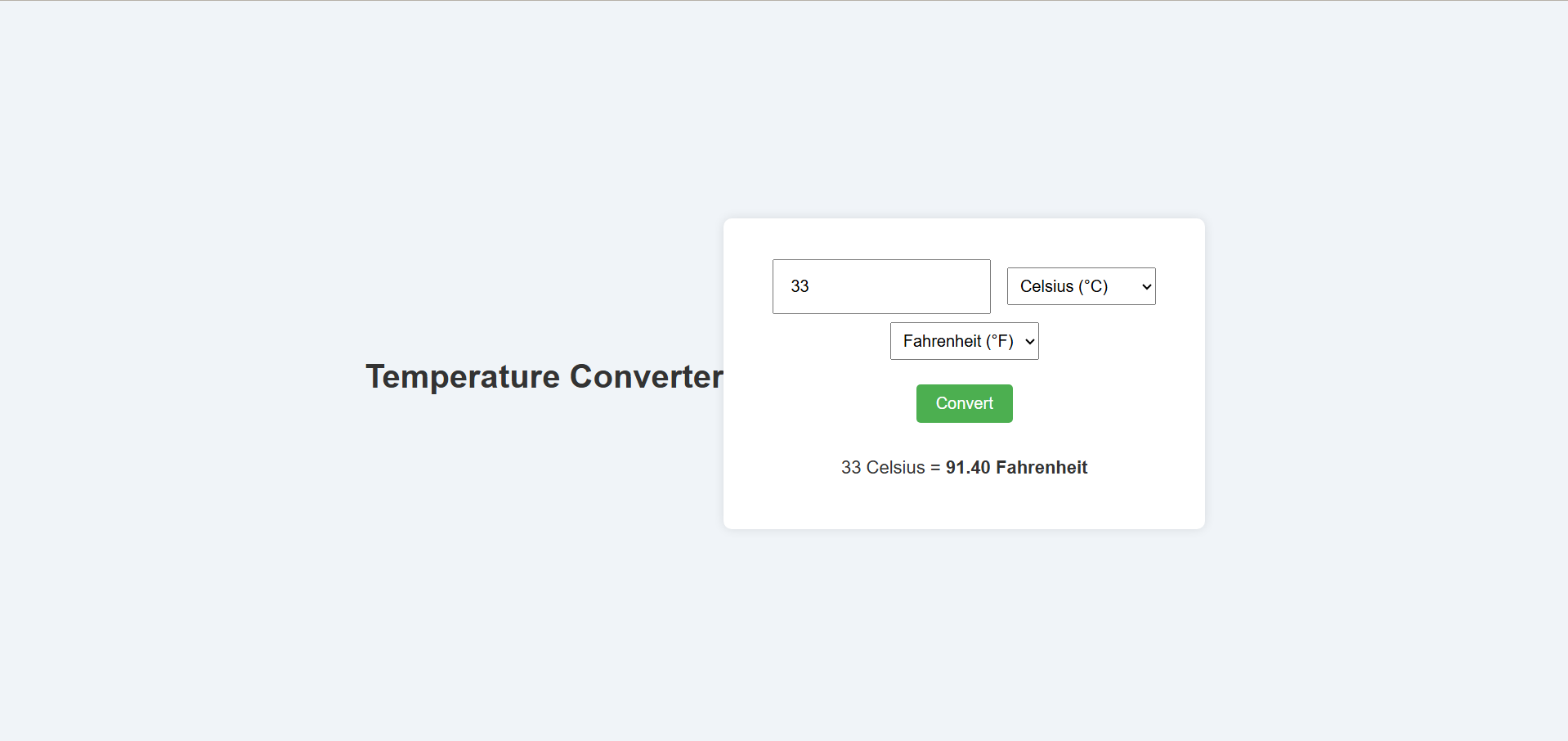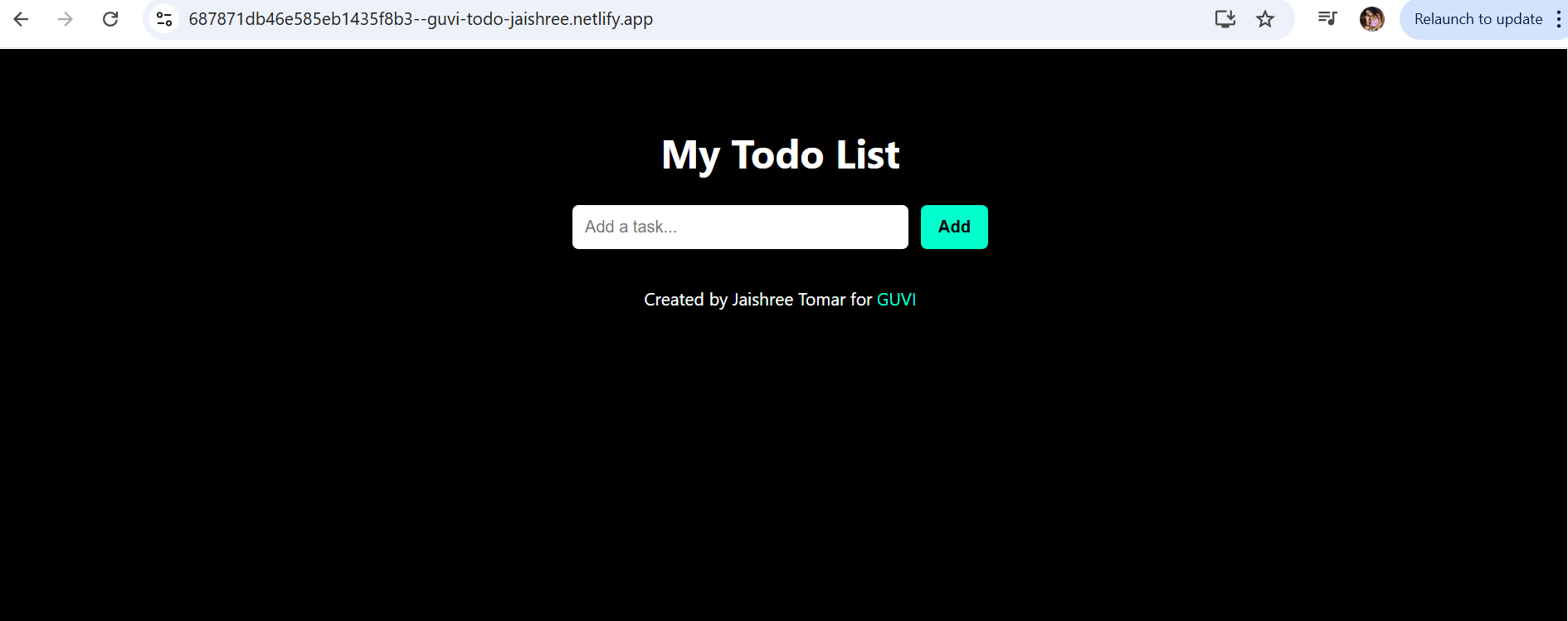Type Modifiers in Cpp
Type Modifiers
In addition to the basic and derived data types, C++ also includes type modifiers that allow you to modify the range of values a data type can store or the amount of memory it occupies. Two common type modifiers in C++ are signed/unsigned and short/long.
1. Signed and unsigned data types
By default, integer data types in C++ are signed, meaning they can store both positive and negative numbers. However, you can also use the "unsigned" keyword to create unsigned integer data types that can only store positive numbers. Unsigned data types have a larger range of positive values but cannot store negative values.
2. Short and long data types
In addition to the size modifier "int," C++ also provides the "short" and "long" keywords to specify the size of integer data types. A "short int" occupies less memory than a regular "int" but can store smaller values. A "long int" occupies more memory than a regular "int" but can store larger values. It is also possible to combine the "short" and "long" keywords with the "signed" and "unsigned" keywords to create different combinations of data types.
By using type modifiers effectively, you can create data types optimized for your specific needs that provide the best range and memory usage combination. However, it is essential to use these modifiers carefully to avoid creating data types that are too large or too small for your needs.
Type Conversion
Type conversion is converting one data type to another in C++. This is important when performing operations or passing arguments between functions that require data of a certain type. In C++, there are two different types of type conversion: implicit type conversion and explicit type conversion.
1. Implicit type conversion
Implicit type conversion, also known as "coercion," occurs automatically when an expression involves operands of different data types. C++ automatically converts one of the operands to the data type of the other operand to operate. For example, if you add an integer and a floating-point number, C++ will automatically convert the integer to a floating-point number before performing the addition.
2. Explicit type conversion
Explicit type conversion, or "casting," converts a value from one data type to the another using a cast operator. This involves explicitly specifying the data type to which the value should be converted. For example, if you want to convert a floating-point number to an integer, you can use the cast operator "static_cast<int>" to perform the conversion.
It is essential to use type conversion carefully to avoid loss of precision or unexpected results. In particular, when using explicit type conversion, you should ensure that the value being cast can be safely represented in the target data type.
Conclusion
Data types are an essential concept in C++ programming, as they define the data type that can be stored in a variable or used in an expression. We have covered the different data types in C++, including basic data types such as integers, floating-point numbers, characters, and booleans, as well as derived data types such as arrays, strings, pointers, and structures. We also discussed user-defined data types, type modifiers, and type conversion.
Choosing the appropriate data type is very essential for efficiently using memory and avoiding errors in your program. It is also essential for ensuring that the program behaves as expected and produces the desired output. Understanding the different data types and their uses can help you make informed decisions when writing your code.
Many resources are available online and in textbooks for further learning on data types and other programming concepts. You should continue to practice and experiment with different data types in your programming projects to gain a deeper understanding of their uses and limitations.



























